(ECNS) -- May 28 is the Menstrual Hygiene Day. Menstruation is not a secret topic only for women, but is related to the health and dignity of a mass majority of the female. Now, "menstrual poverty" is a worldwide issue. How can China work withother countries to eliminate "menstrual poverty" and help to spread the correct knowledge of women's health?
In the latest W.E. Talk, Justine Coulson, UNFPA Representative in China, and Wang Hongtan, an influential popular science blogger on Kuaishou, joined the discussions about these topics.
Justine Coulson indicated that menstruation stigma still exists in many places. Therefore, international cooperation to eliminate menstrual discrimination and "menstrual poverty" are needed. And older models of mental health support coming out of the West are not necessarily the right types of models for lower income countries or countries with slightly different cultures. So new technologies and new innovation must be harnessed to carry out mental health and education works.
As an influential popular science blogger, Wang Hongtan believes that some misunderstandings may be passed down from generations. She proposes further cooperation between China and the West in women's health, such as international cooperative aid programs on campus and more attentions to women's health in poverty-stricken areas.
Here's an excerpt of the dialogue:
CNS: Why does "period shaming" exist? Is "menstrual discrimination" a very common thing around the world right now?
Justine Coulson: Even if we look at high-income countries as well as low-income countries, millions of women and girls every day are being discriminated against or treated badly because they're menstruating. And this could be because of cultural taboos or stigma. It could be that they lack money to buy sanitary products. In a number of cultures, what we see is that because women are sometimes considered unclean or dirty when they menstruate, which is obviously a myth, they are pushed away from their community.
I think we also have to recognize that there are other forms of discrimination that are happening in many countries. So for example, when a girl goes to school, when she's menstruating, she's sometimes teased or even sexually harassed by boys. We also see some cultures that when a girl starts menstruating, from the first time she menstruates, then sometimes it's believed that she's ready for marriage or maybe she's ready to start sexual relationships, even though she's still a child. So all of these different things are happening, which makes it very challenging for many women and girls across the world to manage their menstrual health successfully.
Wang Hongtan: "Period shaming" actually comes from the fact that people did not understand the physiology of menstruation itself back in the day. And menstruation is a very private matter and related to sex and it has often been stigmatized. Pliny the Elder, the famous Roman encyclopedia author, said that if women on their period touched iron, the iron would rust, and if they touched wheat, the wheat would wither. Now that the myth of menstruation has been unveiled by scientific research, and we all know that menstruation is a normal physiological phenomenon. In fact, there are historical roots behind "period shaming", and this feeling of shame is engraved in the cognition of all mankind. In my opinion, if we want to eliminate such menstrual discrimination, or "period shaming", education is a starting point and an extremely critical step, because when the children are growing up, their values and cognitive system are developing.
CNS: There is a very recognizable thing around the world right now called "period poverty". So could you please explain what exactly it is and how can the East and West cooperate to eliminate "period poverty"?
Justine Coulson: "Period poverty" is when a woman or an adolescent girl doesn't have sufficient money to buy the menstrual products or the sanitary products that she needs every month to allow her to manage her menstruation. We see period poverty not just in the poorest countries. It's about the poorest women and girls in every country that tend to be affected. So for example, if you look at the European Union, or you look at my country, the United Kingdom, it's estimated that one in every ten girls cannot afford the sanitary products that they need every month. We also have to recognize that with COVID-19, we've seen a lot of extra economic pressure on the households across the world. Therefore, we've seen increasing numbers of women and girls who are struggling to find sufficient money every month to buy those sanitary products that we need.
When women and girls need those products and they don't have the money, they can actually be forced into very risky behaviors. So we've seen research where girls actually feel forced to go out and steal products from shops because they simply can't afford them. We've seen research in certain countries where girls feel forced into transactional sex as the only way that they can get the money they need in order to be able to buy these products. Sometimes because girls can't afford the products, then they don't go to school.
To take action to address period poverty, more and more governments take the VAT off sanitary products to reduce the cost. I think for all corporations that are interested in corporate social responsibility, regardless of whether they're in the East or the West, recognizing that we live in a global world, I think there are ways in which they can make contributions to help the poorest women. I think particularly in Sub-Saharan Africa, we see the greatest challenges.
I think that for any scenario where women and girls are facing stigma and discrimination, obviously this is not just around menstrual health, and you will see mental health problems occurring. I think some of those older models of mental health support that we've maybe seen coming out of the West, are not necessarily the right types of models that we need for, particularly I think, lower income countries or countries with slightly different cultures. And with the increasing access to online resources and online engagement, there's so much that we can do online, in terms of supporting people's mental health.
CNS: How is the cooperation between UNFPA and China?
Justine Coulson: We've been here in China working closely with the government and other partners for over 30 years. We've worked on issues such as strengthen maternal health services. China has seen a phenomenal increase and improvement in the quality of maternal care in this country, and at the same time has seen a phenomenal decrease in preventable maternal death. We do a lot of work, increasing access to sexuality education, age-appropriate sexual education for young people, and we do a lot of work with local partners working on quality of life and rights for people with disabilities, including their sexual and reproductive health. And we've also done a lot of work at both national and provincial level to support ending son preference in China. I think China has made incredible progress in this term.
CNS: You may have heard that Chinese women would love to drink hot water during the menstrual period, so does it help ease the discomfort? And how should the society better popularize the educational work on women's health?
Justine Coulson: Globally the average number is about 20% of women actually experiencing quite debilitating pain during the menstruation every month. So for them, obviously, the way they manage their menstruation, the importance of being able to access pain medicine and seek counseling from a health worker is important. So I think if you want to drink hot water while you're menstruating because it makes you feel better, that has no negative impact on you. And so I think individual choice based on the correct information is really the most important thing.
Wang Hongtan: Now about the so-called "secret remedies" for menstruation we hear from friends around us, as well as from popular opinions on the Internet, most of them are not reliable. For example, one of them is drinking hot water. It might release some of the pain, because it has some effect on vasodilation, but it doesn't apply to everyone. And because girls are more prone to infection during the menstruation, they need to pay even more attention to personal hygiene actually. You must ensure your hygienic conditions, and clean with warm water, but don't fall for advertisements online and buy those products such as some cleaning lotions or treatment fluid, because they are usually for the treatment or care of certain diseases, and if you are in a healthy state, you do not need them, otherwise it will break the balance and you will get sick.
When doing educational work, we found some problems. The previous generation were wrong about something, leading to the next generation getting it wrong too. In addition, in an era when social media is particularly convenient, rumors are more likely to permeate the society. Therefore, in this context, the cooperation between China and the West can actually reach more areas. For instance, international cooperative aid programs could be set up on campus. Through that everyone can have access to the correct information, and establish a correct concept from an early age. In other words, menstrual poverty, menstrual discrimination, feeling shamed because of menstruation and other problems will disappear in the bud. In addition, NGO organizations as well as charity organizations can also work together, coming to poor areas.
CNS: As for eliminating the period discrimination or menstrual discrimination, what can men do?
Justine Coulson: I was thinking back to my own childhood and I remember that, 40 years ago I was at school. I was 12 years old, and when you were a 12-year-old girl in my school, you were taken away for "the talk". And what happened when "the talk" happened, was that all the boys were left in the classroom and all the girls were taken to our school hall. We had a 30-minute presentation on periods, on menstruation. And then we weren't allowed to really ask many questions and then it was over, and we were sent back to our classroom. And after that 30-minute talk, there was never a space to discuss periods, menstrual health ever again in my next 5 years of schooling. The boys actually got virtually no information or guidance about menstrual health.
It should never be that anybody has the experience I had when I was 12, where we only talk to girls once about menstrual health while they're at school. We now need a school curriculum both in the biology curricula, in the sexuality education curriculum where boys and girls together hear about menstruation. They hear about how it is a normal biological process. It's not a taboo.










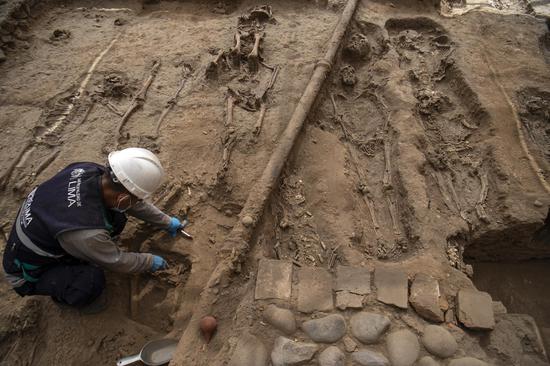
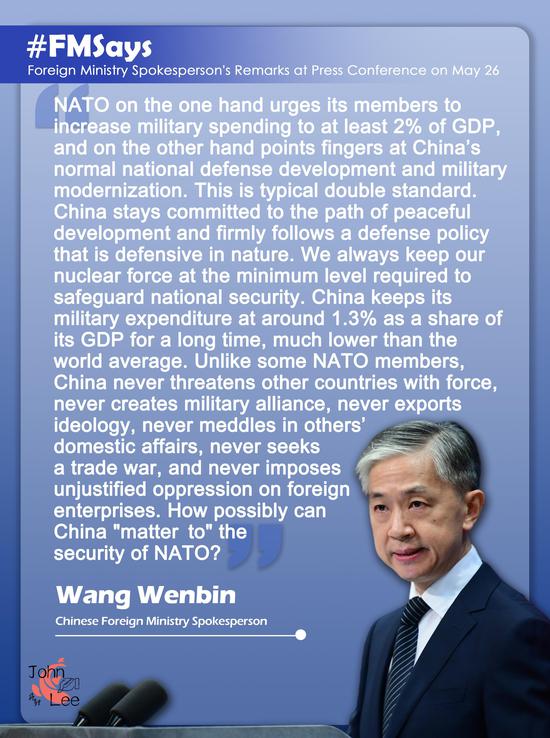
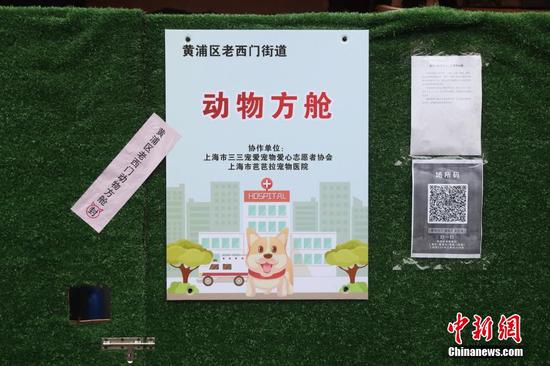


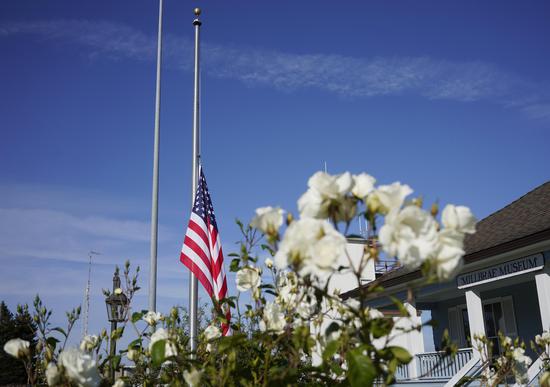


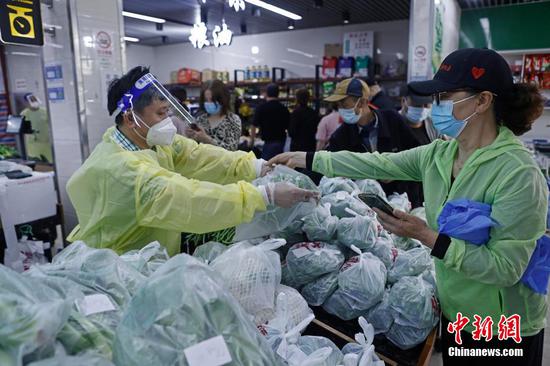
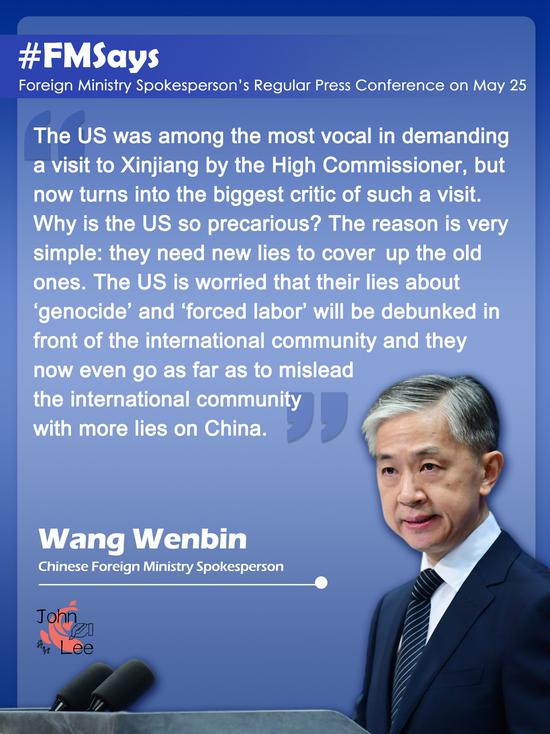



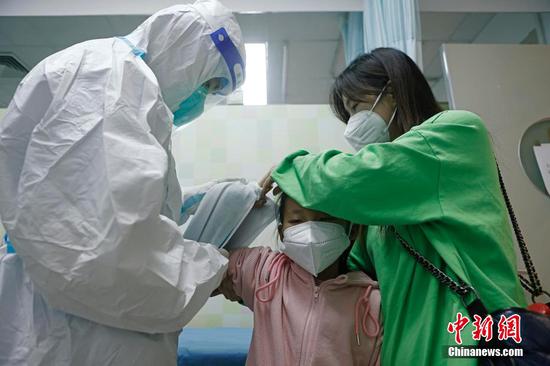



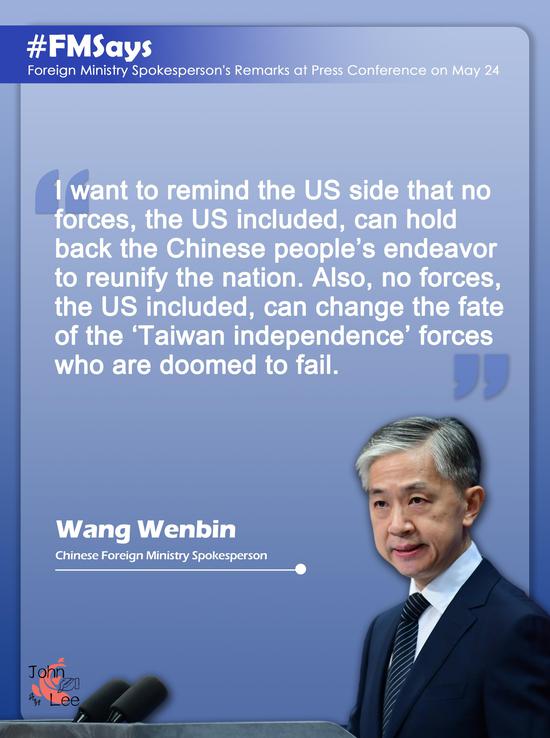
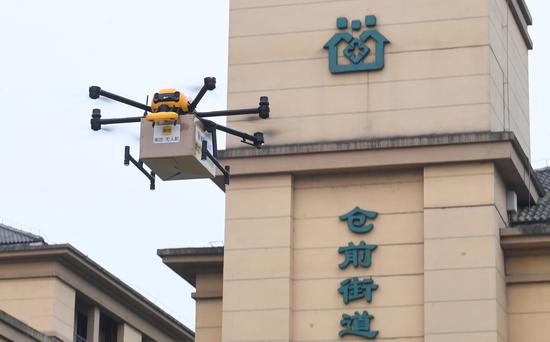
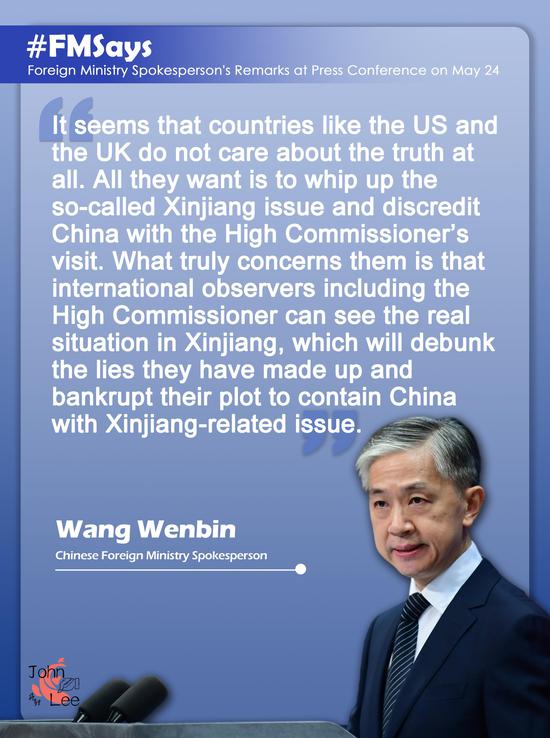





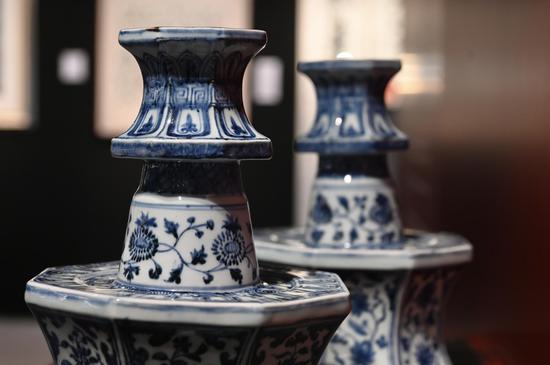
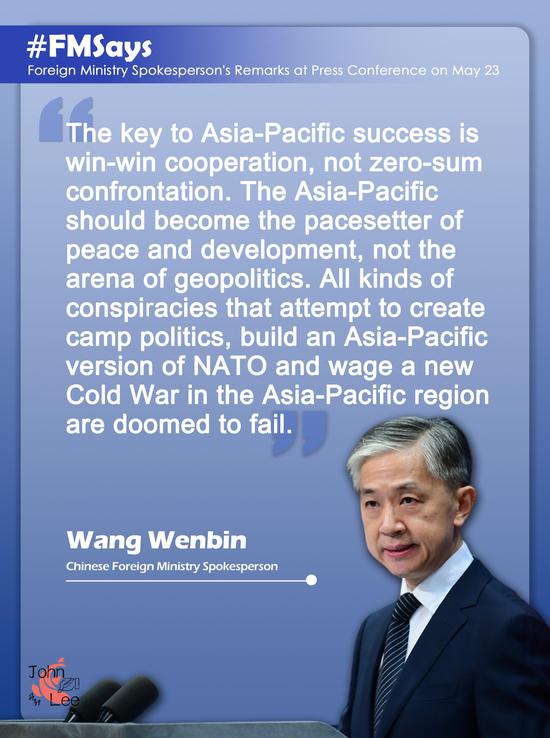

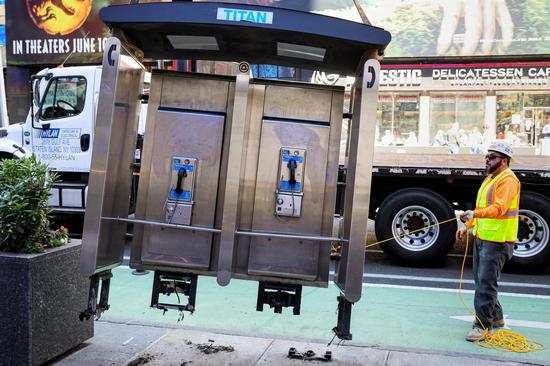
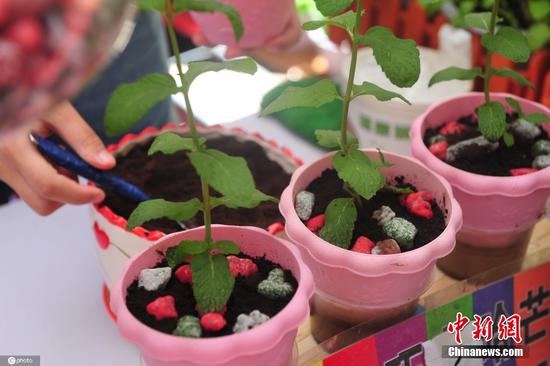
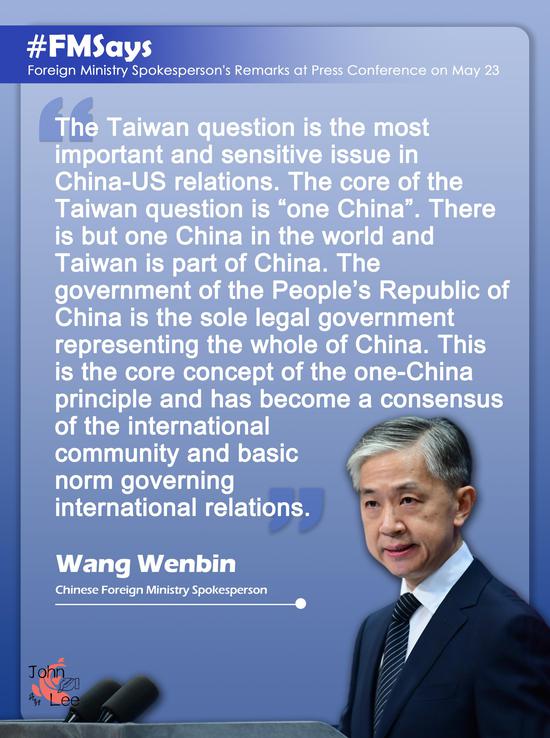

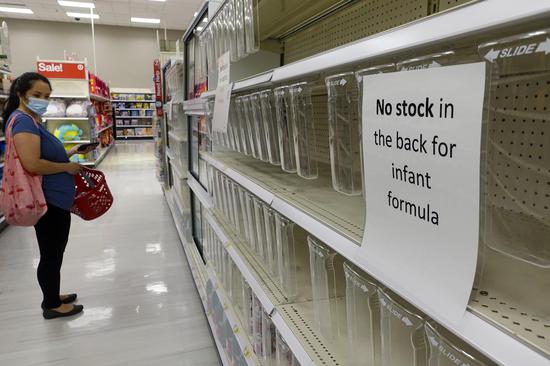







 京公网安备 11010202009201号
京公网安备 11010202009201号